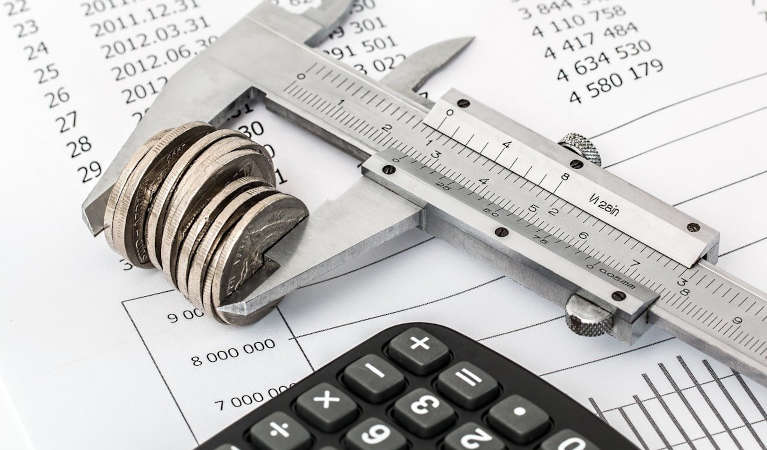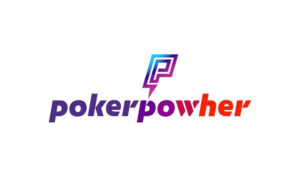- Dutch poker players will be repaid tax on winnings they accumulated through the PokerStars.eu domain
- New tax will be applied to PokerStars.fr winnings instead the Supreme Court has decided
- A class-action lawsuit by 130 players is likely to end with the players agreeing to the revised taxation framework
The Dutch tax agency has reached a new ruling based on which hundreds of poker players will be reimbursed for back taxes that they have paid to the state budget. Expected millions worth of taxes won on PokerStars.eu will be paid back to players, as the Dutch Supreme Court has opened a case in the matter all the way back in 2015.
By stature dating back to 1964, poker winnings are taxable income, and players have to pay taxes monthly, but this is not necessarily the case for winnings accumulated on PokerStars.eu. In fact, according to the Supreme Court ruling, players who have won their winnings from PokerStars.eu since 2012 do not have to pay for their winnings under Dutch law.
The pressure to produce the present ruling has been considerable with numerous players asking for a tax break based on the premise that the .eu domain was not in the European Union. The conflict occurred when the tax residency of the company was taken into account.
Where Are PokerStars.eu Winnings Taxed?
One side argued that PokerStars was based in Isle of Man with the PokerStars.eu domain, meaning a non-EU territory. However, the other argument was that PokerStars’ tax residency was Malta, which is in the European Union.
With the inundation of cases disputing the tax residency of PokerStars.eu, the Supreme Court had to step in and make sure that lower courts would not be bogged down in a quagmire of never-ending lawsuits.
The Supreme Court is now effectively agreeing to the terms put forth by 130 poker players and their lawyer, Pepijn Le Heux. Yet, the settlement does state that PokerStars.eu is indeed in Maltese jurisdiction, and the official tax residency for Dutch players during the disputed player is acknowledged as Isle of Man.
If OPA understands correctly, this means that any winnings accumulated through the PokerStars.fr domain, which is another viable skin accessible to Dutch players during the period, are taxable, whereas those through the .eu domain will not be subject to tax.
Players to Pay of PokerStars FR Winnings
Of course, this would mean that people will have to pay taxes on PokerStars.fr winnings, but at least those accumulated through the .eu skin should be left alone, with the sum total leaving the 130 players at net gain.
As such ailments of the past crop up here and there, the country is edging closer to legalizing its gaming business. This makes for an interesting case. Under Dutch law, there is a “bad actor” clause, which could easily see operators challenged if they offered a poker or gaming product prior to the official legalization of the activity.
OPA does not have enough information whether brands such as PokerStars or partypoker can actually be branded “bad actors,” but as the most reputable names in the industry, this is an unlikely outcome.
Nevertheless, the Netherlands Gambling Authority (KSA) has already slapped various penalties on casino operators. On April 1, 2021, though, the Netherlands should officially step away from the 1964 legislation and make a confident step towards the future under the country’s newly-regulated gaming sector.
Presently, PokerStars operates in Spain, Portugal and France, and the company has achieved a significant milestone by pooling some of the liquidity across country borders in some cases.







